
Bolgatanga — Some basic school pupils in the Upper East Region have appealed to the government to, as a matter of urgency, ban food vendors from selling food in polythene bags to school children.
According to the school pupils, they have been taught by their science teachers and some medical practitioners that hot food packaged in polythene bags were harmful to human health because they were usually contaminated with the chemicals used in producing the bags.
The school pupils made the call in Bolgatanga, the regional capital, as part of this year's Citizenship Week celebration organised by the National Commission for Civic Education (NCCE) on the theme: 'A clean Ghana, our responsibility'.
A 13-year-old girl in Junior High School (JHS) form two, at the Great Victory Academy in the Bolgatanga municipality, Vincentia Ayaaba, who surprised the staff of the Regional Directorate of the NCCE, explained that she had learnt that the use of polythene bags for packaging hot food items was not only harmful to human health but also to the environment.
"I have learnt for instance, that there are various chemicals disseminated from plastic bags like polyvinyl chloride and hot foods packaged in them are contaminated by these chemicals, mostly when they are hot or heated. These chemicals, we are made to know; can cause cancer, heart diseases and harm the reproductive system," she stressed.
Another JHS pupil of the Saint Clement Junior School, also in the Bolgatanga municipality, Master Samuel Adongo, underscored the need for stakeholders, particularly mandated state institutions and civil society organisations to embark upon awareness programmes about the dangers of the use of polythene bags for hot food items.
He stressed that government should champion the adoption of best practices of disposal of polythene bags and other plastic materials.
The Upper East Regional Director, Mr Pontius Pilate Baba Apaabey, expressed surprise about the input made by the school pupils in addressing the environmental problem confronting the country, and indicated that it demonstrated the consciousness of the pupils about developmental issues.
Whilst calling on parents and caregivers to ensure that they provided bowls for their children to buy food from vendors, the Regional Director commended the Ghana Education Service and other stakeholders, including the Commission on Human Rights and Administrative Justice, the Department of Gender and Children and the media for partnering with the commission to organise the event.
The Deputy Regional Director of the commission, Mr Victor Nuworkpor, explained that the one week event was targeting about 800 basic schools in the region, to instill in the school pupils the consciousness of environmental cleanliness to become change agents in their respective communities.
He stated that attaining good sanitation was part of the Sustainable Development Goals and noted that it was against this background that the President had made it part of the government's special initiative of making Accra the cleanest city in West Africa.
Meanwhile, a survey conducted by the Ghanaian Times in the region confirmed that most school pupils who buy food from food vendors are served with polythene bags.
Read Full Story


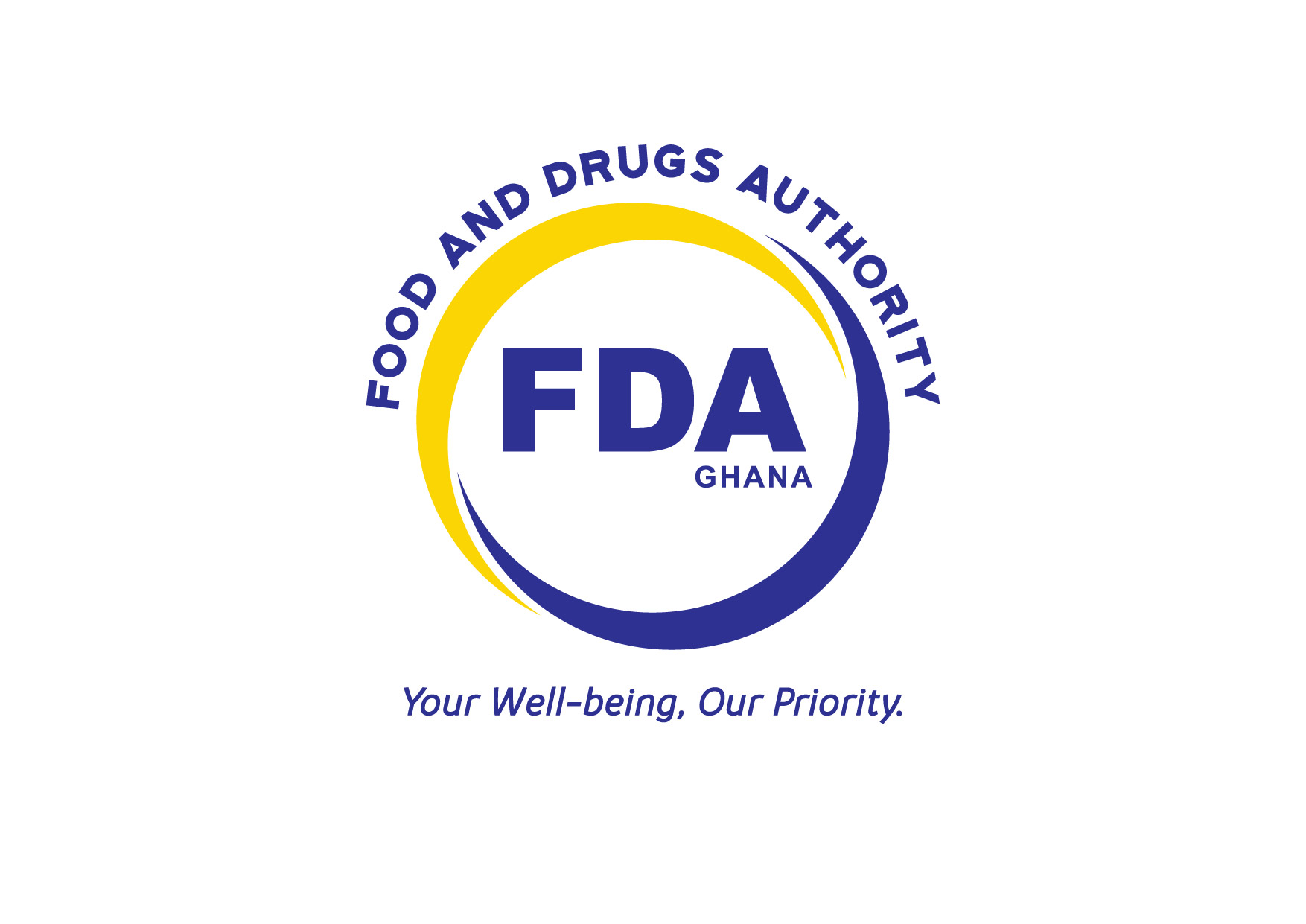
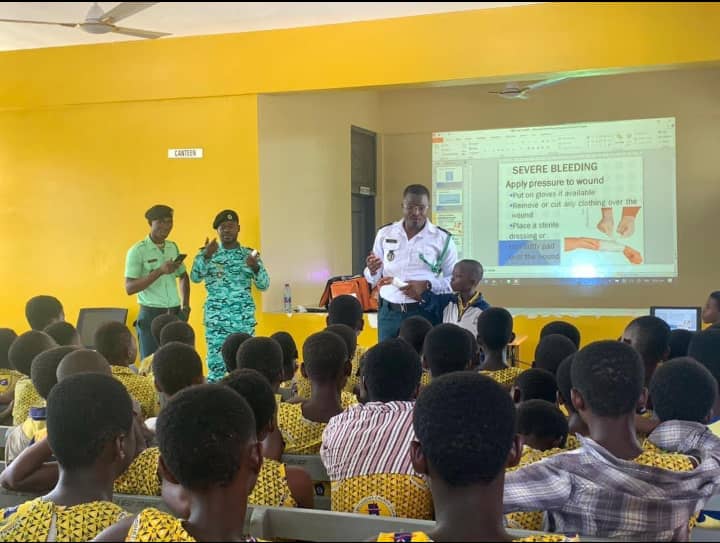
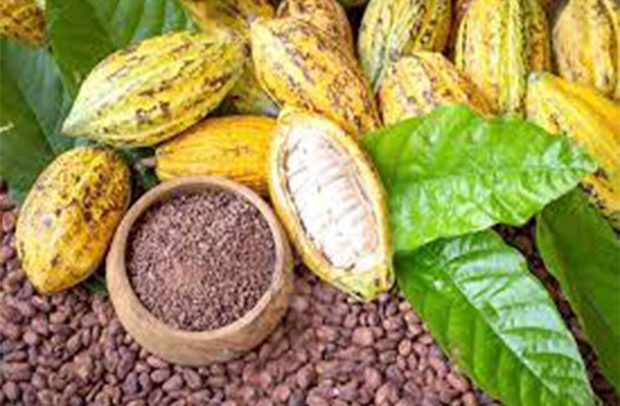

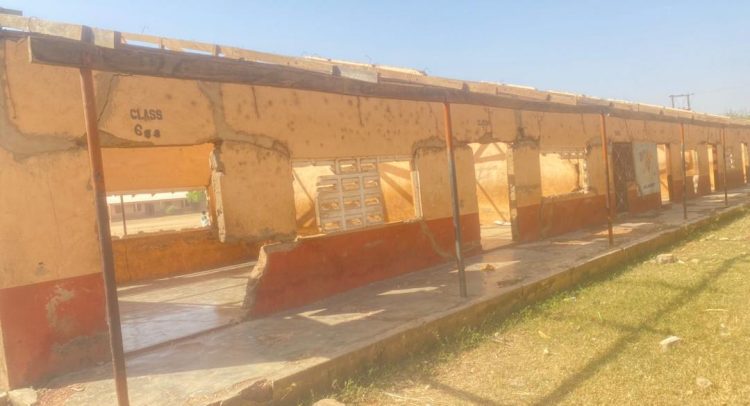






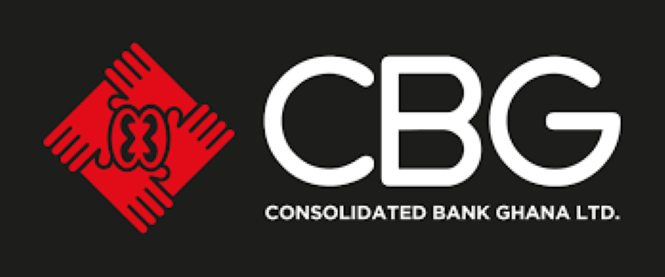




Facebook
Twitter
Pinterest
Instagram
Google+
YouTube
LinkedIn
RSS